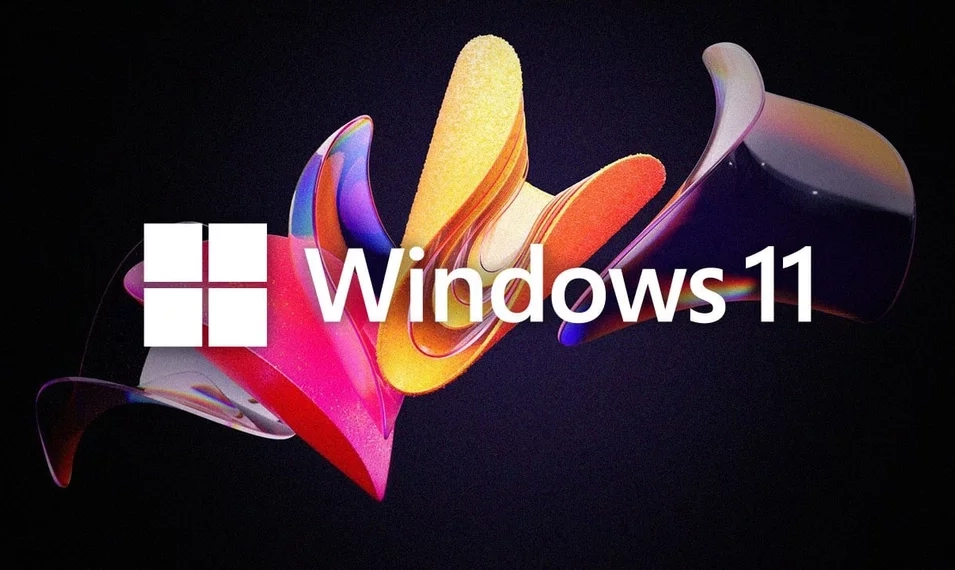
South Africa, Sep 26, 2023
IT functions and tools often place strain on the budget and resources of enterprises and small businesses. Keeping these vital business functions in-house provides more control but can quickly escalate costs. This is when it may be necessary to consider outsourcing some of your IT functions to a trusted managed services provider.
There are many benefits to IT managed services that can help upscale the performance of your IT tools and services.
Managed services allow in-house IT staff to focus on other critical areas
As an organisation expands, the IT function becomes more complex and time-consuming. This can weigh down your IT department and prevent them from focusing on strategy and innovation. Managed services allow the organisation to take away routine tasks from the IT team and free up a lot of their time to focus on giving the business a competitive edge instead.
Managed services can plug skills gaps
IT is a broad and ever-changing discipline and finding one person who can do everything is impossible. Rapid technological change can often leave organisations falling short in certain skills or technologies. Training current staff or hiring new specialists can be expensive. A good managed services provider has access to the latest skills and technologies to keep clients’ IT at the top of its game.
Easier IT budgeting
Managed services are easier to budget for because the monthly costs tend to remain stable and the start-up costs are lower.
Lower investment expenses
Capital expenditures or investments (CAPEX) can quickly reach astronomical levels for organisations that want to stay ahead of the competition in terms of the latest equipment, skills, and technologies.
Using a managed services provider means that the capital expenses are transferred to them instead of draining the organisation’s budget.
Scaling IT functions is easier
Business requirements change all the time, and this means that IT equipment and functions often need to be upscaled or downscaled. This takes time and can become expensive.
Managed services can be used on a consumption basis where you only pay for what you use. When business needs change, it’s easier to increase or decrease the service as needed.
Managed services are available 24/7
In-house IT staff generally work standard business hours. IT emergencies often happen outside of business hours and this is where a managed IT service becomes a lifesaver. If a server goes down at midnight, or a ransomware attack takes place before dawn, the managed services provider will provide a faster response than staff who can only come in a few hours later.
Centralised responsibility
Using a managed service provider means that you know exactly who to ask when something goes wrong or when you need more information on a specific IT function. This increases the speed at which problems are resolved and makes accountability much easier.
Reduce risks and increase compliance
The rapidly changing legal and technological landscape can make it difficult to maintain compliance and security across the IT function. Managed service providers are familiar with all the regulatory issues and risks and can ensure that the organisation remains compliant and secure.
Proactive approach
Managed service providers are constantly looking for areas of improvement and deal with issues before they become problems. Service-level agreements (SLAs) normally indicate the required response time to issues and keep providers accountable.
Vendor management
Managed service providers have access to preferential vendor rates, and the latest technologies and can help your business get the right solutions from the many vendor offerings in the market.
The benefits of working with a trusted managed services provider far outweigh the risks and positions your organisation for success in the digital landscape.





















